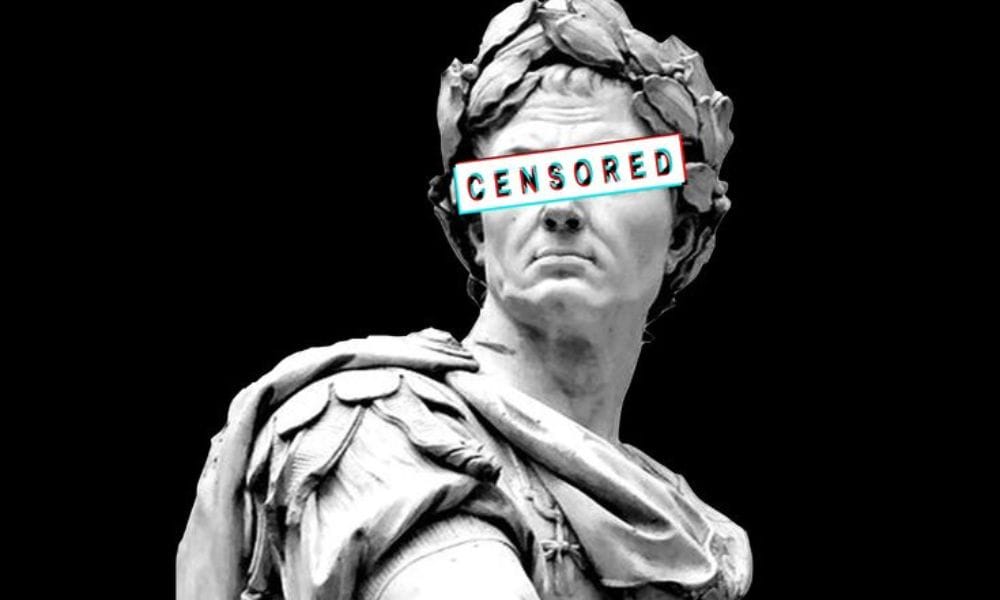In an era where content moderation is constantly under fire, Mark Zuckerberg has stepped up with a bold statement: it’s time for a shift. On January 7, 2025, Meta’s founder and CEO announced sweeping changes to the company’s approach to moderating content with a clear message to the world: free expression is back. In a move that echoes the core principles behind Facebook and Instagram’s creation, Zuckerberg is calling for a more simplified and transparent system, free from the burden of excessive censorship.
The decision comes after years of navigating the complex world of trust, safety, and content policy efforts, which Zuckerberg admits have created as many problems as they’ve solved. With millions of innocent posts mistakenly removed and the growing pressure of political and social discourse, the tech mogul is resetting the company’s course.
Here’s what’s changing:
GOODBYE FACT-CHECKERS
Gone are the days of relying on fact-checkers in the U.S. Instead, Meta is rolling out a “community notes” system modeled after X (formerly Twitter). Zuckerberg argues that fact-checking, particularly in the U.S., has been too politically biased, eroding trust rather than fostering it. The new system puts more power into the hands of users, who will now have a more direct say in what gets flagged or reviewed.
SIMPLIFYING CONTENT POLICIES
Content policies are getting a makeover, with some of the more controversial restrictions—on topics like immigration and gender—being lifted. Zuckerberg acknowledges that while the intent was to be more inclusive, the outcome has often felt stifling. His goal? To make sure people can express their beliefs and experiences without fear of automatic censorship.
A NEW ENFORCEMENT STRATEGY
The enforcement of these policies is also being dialed back. Instead of using filters to flag every potential violation, Meta’s automated systems will now focus solely on the most severe infractions, such as illegal content. Lower severity violations will rely on user reports before action is taken, reducing the chances of innocent posts being caught in the crossfire. This means more freedom of speech but also a higher tolerance for occasional mistakes in moderation.
CIVIC CONTENT IS BACK
Political discourse has been a hot topic on social media, but Zuckerberg feels the tides have shifted. As stress over political content wanes, Meta is reintroducing civic and political content into recommendation systems on Facebook, Instagram, and Threads. The challenge now is to strike a balance between fostering healthy discussions and keeping the platforms friendly and positive.
MOVING TO TEXAS FOR CONTENT MODERATION
In a bid to rebuild trust in the process, Meta is moving its content moderation teams out of California and relocating them to Texas. This move is designed to address concerns that California-based employees are more prone to bias, particularly when it comes to content censorship. By shifting to Texas, Meta hopes to create a more neutral environment for reviewing content.
A GLOBAL PUSH AGAINST CENSORSHIP
Zuckerberg didn’t just focus on the internal changes at Meta; he also addressed global censorship trends. From Europe’s tightening regulations to China’s refusal to allow Meta’s apps to operate, the CEO is calling on the U.S. government to help push back against increasing global censorship pressures. He’s even hinted at collaboration with President-elect Donald Trump to challenge these forces, advocating for the U.S. to remain a bastion of free expression.
Whether these changes will lead to a more open platform or invite new challenges is still to be seen.
ALSO READ: RICHARD MILLE & LOUVRE ABU DHABI AWARD NICÈNE KOSSENTINI WITH THE 2024 ART PRIZE.




